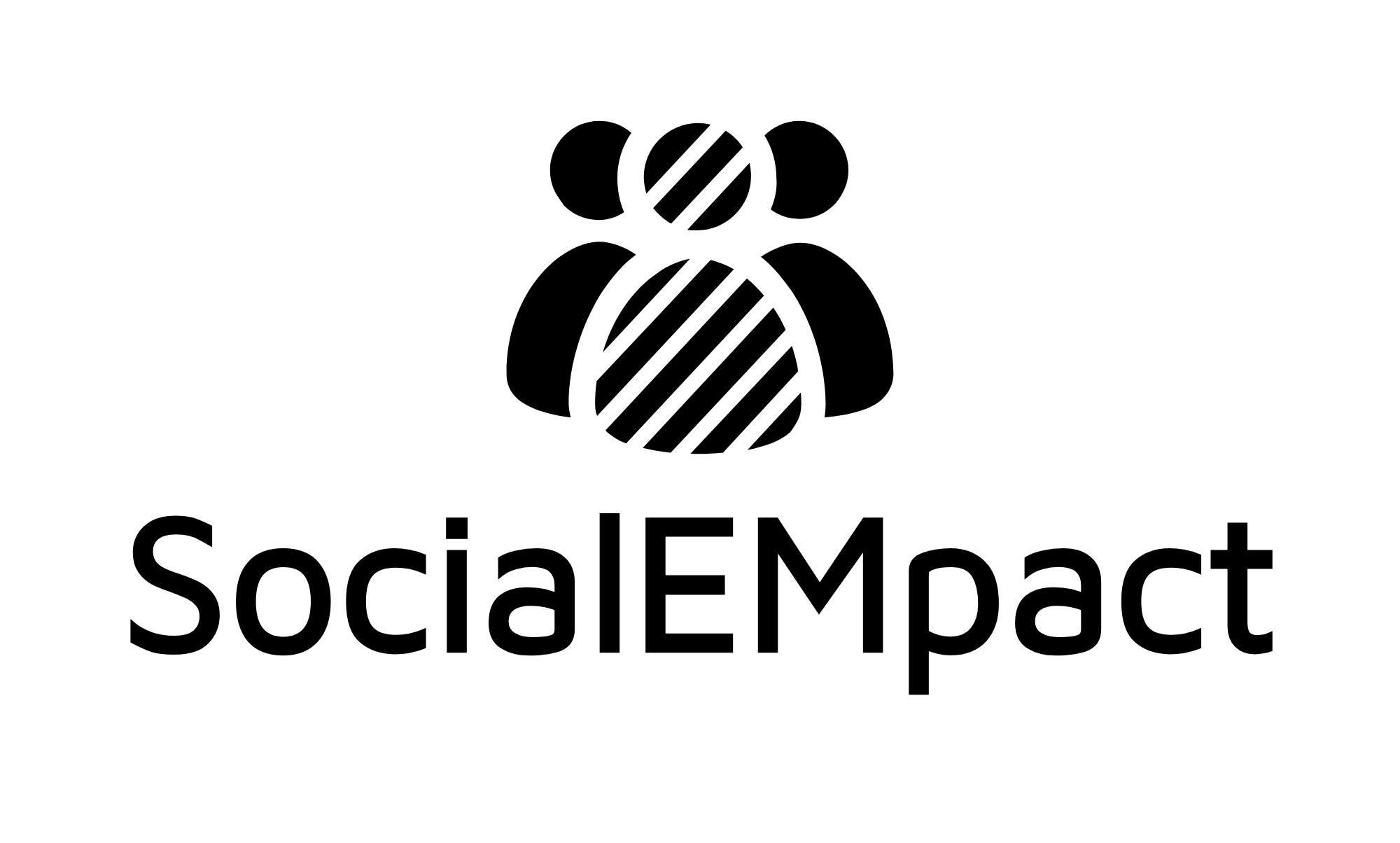University of Massachusetts Health Equity Fellowship
Interview with Payal Modi, MD, Director of the Health Equity Fellowship
By: Nicole Blum, MD
Can you tell us a bit about yourself and what drew you to the role of director of the Health Equity Fellowship at the University of Massachusetts?
I have been working in the public health sphere for probably about the last twenty years. I did a lot of domestic volunteer work, then transitioned to some more global work, and now I’ve shifted back to more domestic work. Given that there's been more awareness about inequities in the healthcare system over last five to ten years, we decided to pursue a fellowship over the last couple years to give dedicated time to focus on these issues of health inequities, bring more attention to them, and do more research and learning about some of the current issues encompassed by social emergency medicine. I love working with students, residents, and fellows, and I am so thrilled that we have our first fellow starting this summer.
Can you give a short description of your vision for this fellowship?
Ideally, I would like the fellowship to be a two-year training program equipped to train fellows to get a job and pursue a career in health equity. The fellowship can obviously be tailored based on what the fellow would like to do, but my goal is to spend the first year learning from other people in the space—working on projects and building both education and research skills—and also spending some time identifying a particular niche and area of interest. We’d like to get things set up for fellows to launch their own project, apply for grant funding, and work in their area of expertise during their second year with the ultimate goal of setting fellows up to get a job and continue working in the space.
Can you briefly describe what makes an ideal candidate for your fellowship?
Passion is probably the most important. There are a lot of amazing candidates, and I think the ideal candidate is anyone who's really passionate about equity issues, race and ethnicity, and social determinants of health and is willing to learn and teach these issues. I think a lot of that is often driven by passion.
What opportunities do you feel this fellowship will provide to graduating fellows?
I think for a career in academics these days, you need to essentially pick an area and focus on becoming a content expert. If you choose to look at gun violence, for example, you need to learn the literature, learn the current state of affairs, learn both the education and policy piece, and then find out what research and interventions you want pursue to address the underlying issue. The goal is to make you as a fellow become an expert and help you develop that five-year career plan on what you want to work on and ideally get a job in academics. The beauty of our fellowship is that there are lots of opportunities. We have mentors within the department who are experts in health equity projects, social determinants of health, suicide, substance use disorders, and opiate use disorder. Within the UMass system, there are plenty of people working on other similar topics that can also be mentors. In the Pediatrics Department, there are people who’ve done social determinants of health research in clinics. In the Population and Quantitative Health Sciences division, there are people working on differences based on race and ethnicity. Having mentors both within the Department of Emergency Medicine and in the greater UMass system allows the fellows to be exposed to a lot of different experiences and opportunities.
Any additional information you would like potential applicants to know?
I think most people don't really know about Worcester. We actually have quite a few social needs in our communities and see a lot of alcohol use, substance use, IPV, and child abuse and we have a huge refugee and immigrant population. There are a lot of different areas of interest and interventions that can be done—the city itself is something that is great for us to work on and intervene in. I think from the fellowship perspective, we are a new fellowship like most others in the country, but we have a lot of amazing mentors and leaders in the field. This fellowship is a great opportunity for people who are interested in the area to get the skills needed to pursue a career in health equity.

